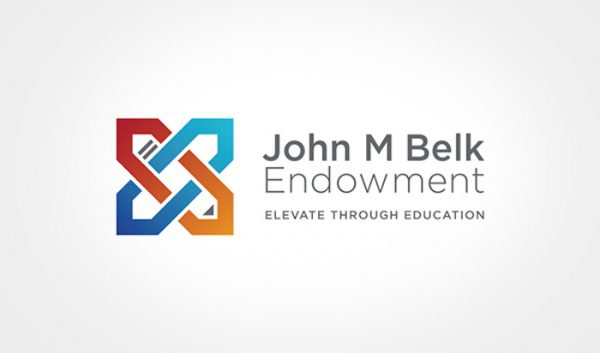Study to Illuminate Experience of Community College Transfer Students

Transferring from community colleges to universities has become an increasingly important path for students nationwide, with more than 12,000 making the jump each year in North Carolina alone. While providing financial and academic benefits for many, nuances can accompany the transfer process. Now, thanks to more than $450,000 in funding from the John M. Belk Endowment, a team of UNC Charlotte researchers are studying the access, completion, and workforce implications of the system by capturing the voices, experiences, and engagement of transfer students in North Carolina.
The work will build on prior efforts by UNC Charlotte educational leadership researchers to understand enrollment patterns and outcomes in the area.
“With this investment from the John M. Belk Endowment we will be able collect new qualitative data and explore additional survey data to describe student experiences and better understand how they interact with transfer policy, choose academic programs, and experience the transfer process,” said educational leadership’s Mark D’Amico, who’s leading the project.
The study will consist of two parts:
-
Interviews with 100-125 students on their pre and post-transfer experiences;
-
An exploration of the relationships between student engagement in community college and their transfer activities and community college outcomes through survey data.
UNC Charlotte professors Ryan Miller, Sandra Dika, and Cathy Howell are collaborating on the study. One issue the researchers hope to learn more about is how different groups of students navigate the transfer process and move toward baccalaureate completion. For instance, those who earn degrees with a focus on more workforce-ready skills (Associate in Applied Science) may experience transfer differently than those who earn or pursue traditional transfer degrees (Associate in Arts/Associate in Science). While students with the latter degree have the highest completion rate among transfer students at UNC System institutions, the former group of students tend to lag behind.
“AAS degrees were once considered ‘terminal’, since they are largely focused on career preparation. However, community college graduates with an AAS degree are the fastest growing among large transfer groups to UNC campuses,” D’Amico explained. “We also know that higher percentages of students transferring from more economically distressed areas of our state are transferring with an AAS. We seek to better understand their choices and experiences as they navigate transfer to both UNC campuses and private universities.”
A second area of interest in the study relates to how institutions and systems work together under the overall framework for transferring. While North Carolina does have a strong statewide agreement in place, degree requirements and the eligibility of transfer credits can differ between individual universities, contributing to confusion for students and advisors.
“We hope that a deep dive into student experiences will enhance our state’s understanding of how students interact with policy, as well as provide insights to student advisors and institution leaders about preparing students for successful transfer,” D’Amico said. “We have been fortunate to receive input from thought partners with the John M. Belk Endowment, North Carolina Community College System, UNC System, North Carolina Independent Colleges and Universities, myFutureNC, and so many others as we’ve planned this work. Our team looks forward to continuing those discussions with new data.”
UNC Charlotte has been working to streamline its own approach to the transfer process by partnering with six North Carolina community colleges to create 49erNext, which offers students guaranteed admission after completing an eligible associate degree. The unique program promotes student success by offering collaborative advising that helps students progress toward timely degree completion, coordinated financial aid processes, career advising, and opportunities to develop financial literacy skills.
“We embrace community college enrollment and student success, especially through transfer opportunities, as one of North Carolina’s educational equity issues. Unless those who begin at community colleges have the same chances to earn a baccalaureate degree as those who begin at universities, we are not doing enough to advance equitable degree attainment in our state,” D’Amico said.
The researchers hope to have preliminary results as early as the end of 2021 with additional findings released over the course of the two-year project.